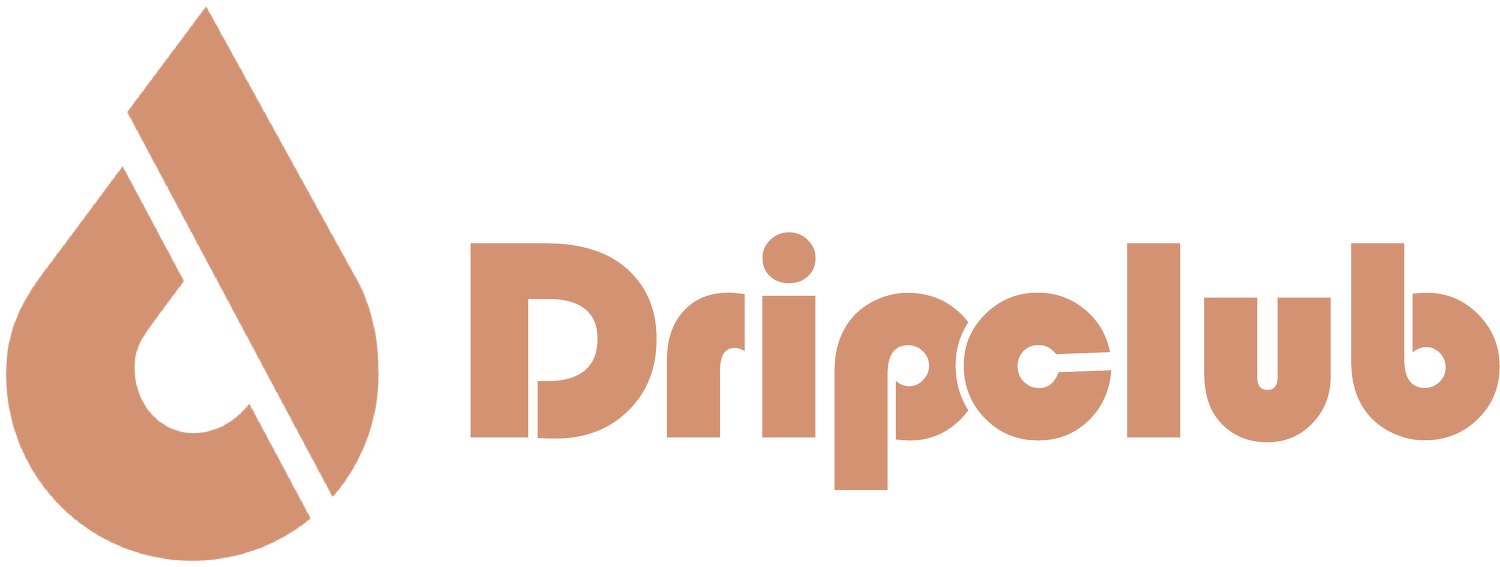Unlocking the Power of Zinc: Exploring its Profound Health Benefits
Zinc, often referred to as the "gatekeeper of health," is a trace mineral that plays a crucial role in various physiological functions within the human body. From bolstering the immune system to promoting wound healing, its benefits are profound and far-reaching. Let's delve into the myriad advantages of this essential micronutrient.
Immune Support
One of the most well-known benefits of zinc is its role in supporting immune function. It serves as a catalyst for over 300 enzymes involved in biochemical reactions essential for proper immune system functioning. Zinc helps to regulate the production and activity of immune cells, such as T cells and natural killer cells, which are pivotal in defending the body against pathogens. Adequate zinc levels are crucial for maintaining a robust immune response, reducing the risk and severity of infections, including the common cold and flu.
Wound Healing
Zinc is a key player in the process of wound healing. It aids in cell proliferation, DNA synthesis, and collagen formation, all of which are vital for tissue repair. Zinc deficiency can impede wound healing and lead to delayed recovery times. By ensuring sufficient zinc intake, individuals can accelerate the healing process and reduce the risk of complications associated with wounds and injuries.
Skin Health
The skin, being the body's largest organ, relies on zinc for its health and integrity. Zinc contributes to maintaining skin structure, regulating sebum production, and supporting immune function within the skin. These properties make it beneficial in managing various skin conditions, including acne, eczema, and wounds. Furthermore, zinc's antioxidant properties help combat free radicals, thereby reducing oxidative stress and premature aging of the skin.
Cognitive Function
Emerging research suggests a link between zinc status and cognitive function. Zinc plays a role in neurotransmission, neuronal signaling, and synaptic plasticity, all of which are essential for learning, memory, and overall cognitive performance. Adequate zinc levels may help support cognitive health and reduce the risk of neurodegenerative disorders, such as memory loss..
Growth and Development
Zinc is particularly critical during periods of rapid growth and development, such as infancy, childhood, and adolescence. It is involved in DNA synthesis, cell division, and protein synthesis, processes that are essential for normal growth and development. Zinc deficiency during these stages can lead to stunted growth, delayed sexual maturation, and impaired immune function. Ensuring adequate zinc intake is therefore crucial for supporting optimal growth and development in children and adolescents.
Metabolic Health
Zinc plays a role in regulating metabolism by participating in the metabolism of carbohydrates, fats, and proteins. It is involved in the synthesis, storage, and release of insulin, the hormone responsible for regulating blood sugar levels. Studies suggest that zinc supplementation may support the increase in insulin sensitivity and glycemic control, making it beneficial for individuals with a metabolic syndrome.
Sources of Zinc
While zinc deficiency is not uncommon, especially in certain populations such as vegetarians, vegans, and the elderly, it can be easily prevented by consuming a varied and balanced diet. Good food sources of zinc include:
Shellfish (such as oysters, crab, and shrimp)
Red meat (beef, lamb, pork)
Poultry (chicken, turkey)
Dairy products (milk, cheese, yogurt)
Nuts and seeds (particularly pumpkin seeds and cashews)
Legumes (beans, lentils, chickpeas)
Whole grains (wheat germ, quinoa, oats)
In addition to dietary sources, zinc supplements are available for individuals who may have difficulty meeting their daily requirements through diet alone. However, it's important not to exceed the recommended dosage, as excessive zinc intake can lead to adverse effects, including nausea, vomiting, and impaired immune function.
Final Thoughts
Zinc is a remarkable micronutrient with multifaceted health benefits. From supporting immune function and wound healing to promoting cognitive health and metabolic balance, its role in the body is indispensable. By incorporating zinc-rich foods into our diets and ensuring adequate intake, we can harness the power of this essential mineral to optimize our health and well-being.
